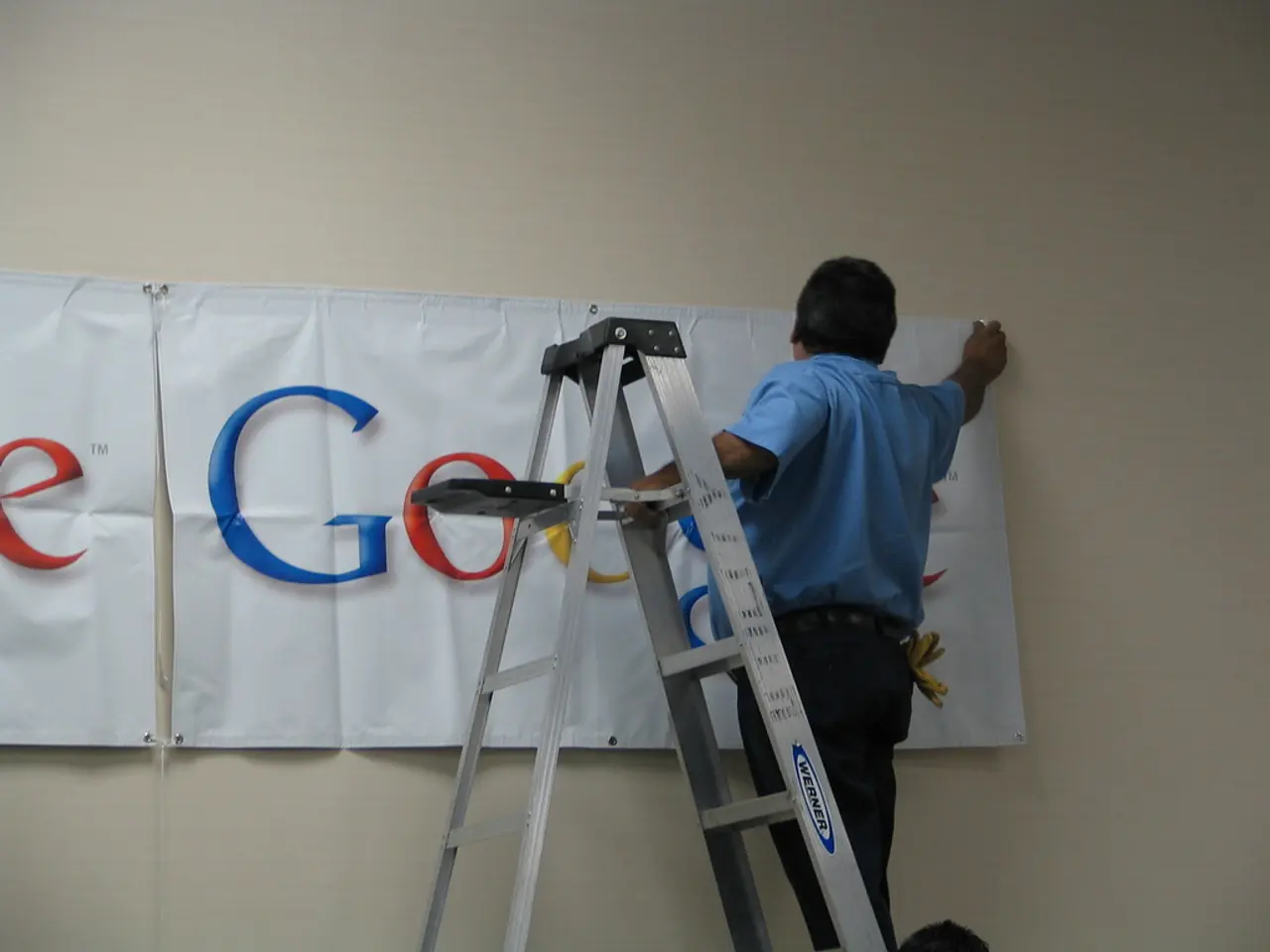Google's dominance in the digital marketplace raises questions about its monopolistic reign - what repercussions could this have on various industries?
In a landmark decision, a US court has ruled that Google's search engine unit is legally recognized as a monopoly. This ruling, the biggest anti-trust action since the telecoms industry was broken up in the 1980s, could have significant implications for the global economy.
Judge Amit P. Mehta argued that Google has taken measures to maintain its market lock and muscle out potential rivals. The court found Google guilty of exploiting its dominance to squash competition and stifle innovation.
If the ruling stands, the US government may take action against Google, potentially including an attempt to break up the company. Alternatively, Google could be forced to split out its advertising operation, or accept oversight of how it sets prices. Breaking up Google might force the company to divest its Chrome web browser and Android mobile operating system.
The official classification of Google as a monopoly, particularly in online advertising technology, will likely lead to regulatory requirements for Google to share data with competitors and open the online search market to competition. These measures aim to increase market fairness and competition, potentially reshaping global digital markets and influencing tech regulation worldwide.
The break-up of Google would likely be a lengthy and complex process, potentially resulting in many casualties along the way. However, it could lead to dramatic changes in marketing and product strategies. If Google is broken up, there could be a surge in the launch of new apps due to less control over app stores.
McKinsey estimates that the internet accounts for only 3.4% of global GDP, indicating a significant room for growth. The break-up of Google, if it occurs, could accelerate the shift to a digital economy, with potential GDP growth from the internet reaching 10% or 20% over the next decade.
This potential reshaping of global digital markets could have far-reaching effects. The ruling, if upheld, could lower advertising costs in various markets, benefiting consumers and fostering innovation. It could also set a precedent for future anti-trust actions against other tech giants.
In conclusion, the court's ruling against Google as a monopoly opens a new chapter in tech regulation. The implications for the global economy, digital markets, and tech companies are vast and uncertain. Only time will tell how this landmark decision will reshape the tech landscape.
Read also:
- Peptide YY (PYY): Exploring its Role in Appetite Suppression, Intestinal Health, and Cognitive Links
- Toddler Health: Rotavirus Signs, Origins, and Potential Complications
- Digestive issues and heart discomfort: Root causes and associated health conditions
- House Infernos: Deadly Hazards Surpassing the Flames




